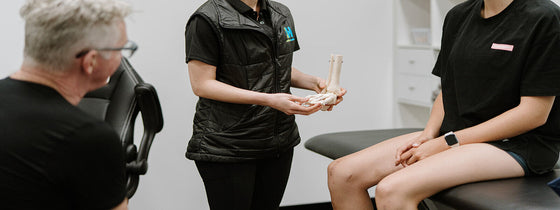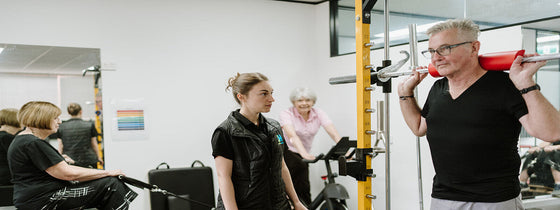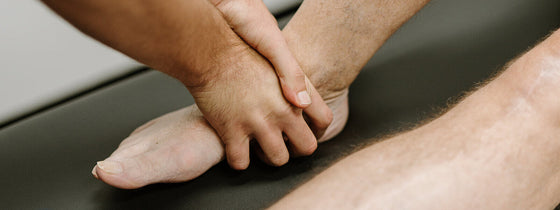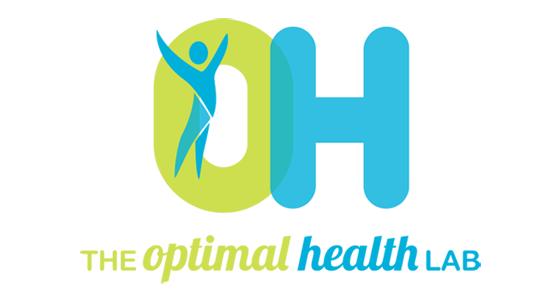
June 19, 2020
What is Urinary Incontinence?
Urinary incontinence (UI) is leaking of urine from the bladder.
There are 2 main types of UI
The Impact of Urinary Incontinence on a woman is large:
39% of people are less confident leaving the house
32% have their mental health and well being affected
25% have their relationships with family and friends affected
If you suffer from UI, you are not alone. UI affects more than 5 million Australians.
The good news is that there is lots of help and support out there so you don’t have to suffer alone.
A pelvic floor physiotherapist can help you. Kirsty has post graduate training in the women’s and pelvic health and is passionate about empowering women to maintain optimal health and live their best lives. Latest research shows that 84% of women with UI improved with physiotherapy. Pelvic floor muscle strengthening under the supervision of a trained physiotherapist is recommended as first line treatment for urinary incontinence. An individualised assessment and treatment program is best, contact OHL or jump online
There are lots of helpful resources available online too. Check out the Continence Foundation of Australia www.continence.org.au for lots of useful information.

August 14, 2025
If you're experiencing back or neck pain with neurological signs and symptoms, a thorough neurological examination is crucial for accurate assessment and effective treatment. In this Optimal Tip learn more about what we mean by completing a neurological exam!

August 08, 2025
Squats, deadlifts, and calf raises are key movement patterns that should be part of every strength and conditioning program—regardless of age and activity level. These functional movements support joint health, improve posture and balance, and reduce the risk of injury while building strength where it matters most.

August 04, 2025
A ganglion cyst is a fluid-filled swelling that typically forms over a joint or tendon sheath, causing discomfort and pain, especially when pressing against nerves or joints. Proper assessment and treatment, including physiotherapy, are essential for managing symptoms and improving function in the presence of a ganglion in your hand, foot, or wrist.
